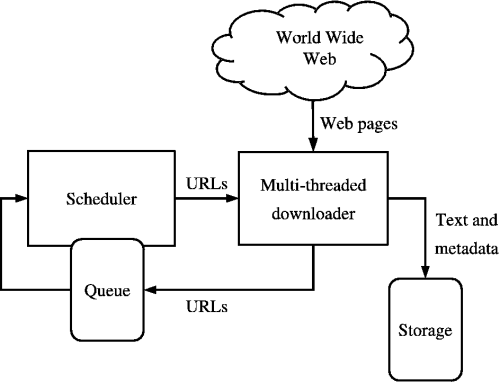threadmark
In Runtime
- Messages
- 134
- Location
- somewhere in this general direction.
I dont understand your interest of using an array. Arrays can't be offloaded to a text file as fast as one variable can. If you save arrays to disk it looks like this. Array1=1131 Array2=13113 after save it looks like this 113113113 I think I would need some of that pixi dust to make the data reference a line of code.
Not making fun, its not that i dont use arrays it doesn't apply in this area of my scripts. Not your fault I'm not giving much for you to work with. Possible way to fix the array conundrum when saving to a text file is. To add CL LF characters into the array that is if its a string not integer before saving. That way data would look like this
1131
13113
TM
Not making fun, its not that i dont use arrays it doesn't apply in this area of my scripts. Not your fault I'm not giving much for you to work with. Possible way to fix the array conundrum when saving to a text file is. To add CL LF characters into the array that is if its a string not integer before saving. That way data would look like this
1131
13113
TM
